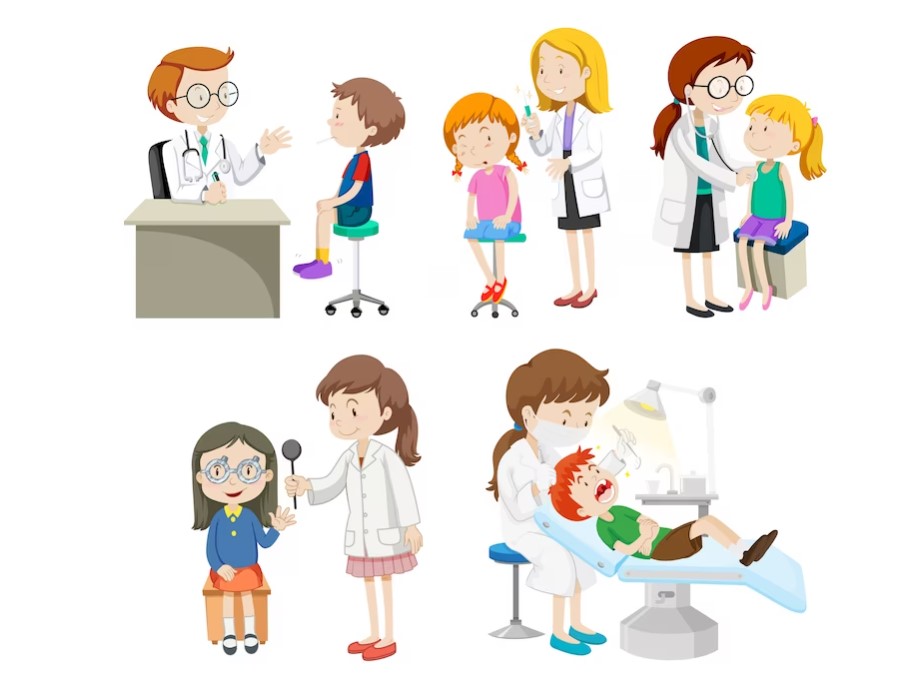Introduction
As a parent, you want your child to be happy, healthy, and flourish in every aspect of their life. However, it can be challenging to know where to start when it comes to supporting your child’s wellbeing. Fortunately, there are many tools available to help parents promote their child’s physical, emotional, and cognitive health. In this article, we will explore some of the child wellbeing tools available on Tiny Docs, a website that offers resources for parents on child development and wellbeing.
Understanding Child Development
Before diving into the tools available, it’s important to understand the basics of child development. Child development refers to the physical, cognitive, and emotional changes that occur from birth through adolescence. Understanding child development can help parents identify age-appropriate activities and behaviors that promote their child’s growth and development.
Child Wellbeing Tools on Tiny Docs
Tiny Docs offers a wide range of tools and resources for parents on child development and wellbeing. Here are some of the child wellbeing tools available on the website:
1. Milestone Trackers
Milestone trackers are tools that help parents monitor their child’s developmental progress. These tools provide information on the typical milestones that children reach at different ages, such as crawling, walking, and speaking. By tracking their child’s milestones, parents can identify any potential developmental delays and seek appropriate support.
2. Sleep Tools
Sleep is essential for children’s physical and emotional wellbeing. Tiny Docs offers tools and resources to help parents create a healthy sleep environment for their child, establish a bedtime routine, and troubleshoot common sleep problems.
3. Nutrition Tools
Proper nutrition is crucial for children’s physical and cognitive development. Tiny Docs provides resources on age-appropriate nutrition, including meal plans, recipes, and tips for encouraging healthy eating habits.
4. Activity Guides
Physical activity is essential for children’s physical and emotional health. Tiny Docs offers activity guides with age-appropriate exercises and games that promote physical fitness and motor development.
5. Emotional Wellbeing Tools
Emotional wellbeing is just as important as physical health. Tiny Docs offers resources for parents on promoting their child’s emotional health, including mindfulness activities, coping strategies, and tools for managing anxiety and stress.
6. Learning Tools
Learning is an essential part of child development. Tiny Docs offers resources for parents on promoting their child’s cognitive development, including educational games, activities, and tips for supporting learning at home.
7. Health and Safety Tools
Tiny Docs also offers resources for parents on promoting their child’s health and safety. These resources include information on childproofing the home, first aid tips, and guidance on when to seek medical attention for illness or injury.
Conclusion
Promoting your child’s wellbeing requires a multifaceted approach that addresses their physical, emotional, and cognitive health. Tiny Docs offers a variety of tools and resources for parents on child development and wellbeing. By utilizing these resources, parents can support their child’s growth and development and lay the foundation for a healthy and happy life. Remember, every child is unique, and what works for one child may not work for another. It’s essential to tailor your approach to your child’s needs and preferences. With the right tools and resources, you can help your child thrive and reach their full potential.

